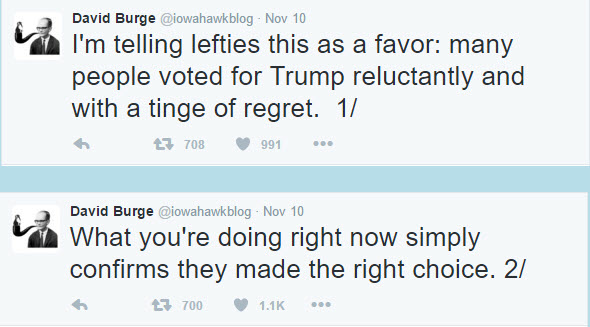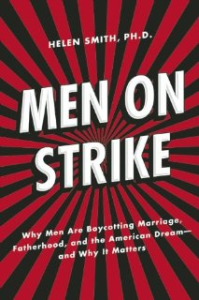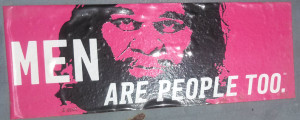Hmmm, I can’t imagine Boulder would install red light camera’s “for the money” can you? Of course, if they don’t work, why else would you do it?
“The rigorous studies clearly show red-light cameras don’t work,” said lead author Barbara Langland-Orban, professor and chair of health policy and management at the USF College of Public Health. “Instead, they increase crashes and injuries as drivers attempt to abruptly stop at camera intersections.”
Comprehensive studies from North Carolina, Virginia, and Ontario have all reported cameras are associated with increases in crashes. The study by the Virginia Transportation Research Council also found that cameras were linked to increased crash costs. The only studies that conclude cameras reduced crashes or injuries contained “major research design flaws,” such as incomplete data or inadequate analyses, and were always conducted by researchers with links to the Insurance Institute for Highway Safety. The IIHS, funded by automobile insurance companies, is the leading advocate for red-light cameras since insurance companies can profit from red-light cameras by way of higher premiums due to increased crashes and citations.
Perhaps it’s a hidden tax? Of course, I don’t think it’s so hidden…
A 2001 paper by the Office of the Majority Leader of the U.S. House of Representatives reported that red-light cameras are “a hidden tax levied on motorists.” The report came to the same conclusions that all of the other valid studies have, that red-light cameras are associated with increased crashes and that the timings at yellow lights are often set too short to increase tickets for red-light running. That’s right, the state actually tampers with the yellow light settings to make them shorter, and more likely to turn red as you’re driving through them.
In fact, six U.S. cities have been found guilty of shortening the yellow light cycles below what is allowed by law on intersections equipped with cameras meant to catch red-light runners. Those local governments have completely ignored the safety benefit of increasing the yellow light time and decided to install red-light cameras, shorten the yellow light duration, and collect the profits instead.
The cities in question include Union City, CA, Dallas and Lubbock, TX, Nashville and Chattanooga, TN, and Springfield, MO, according to Motorists.org, which collected information from reports from around the country.
Apparently it’s different in Boulder as this study maintains.
Hat-tip to Instapundit









